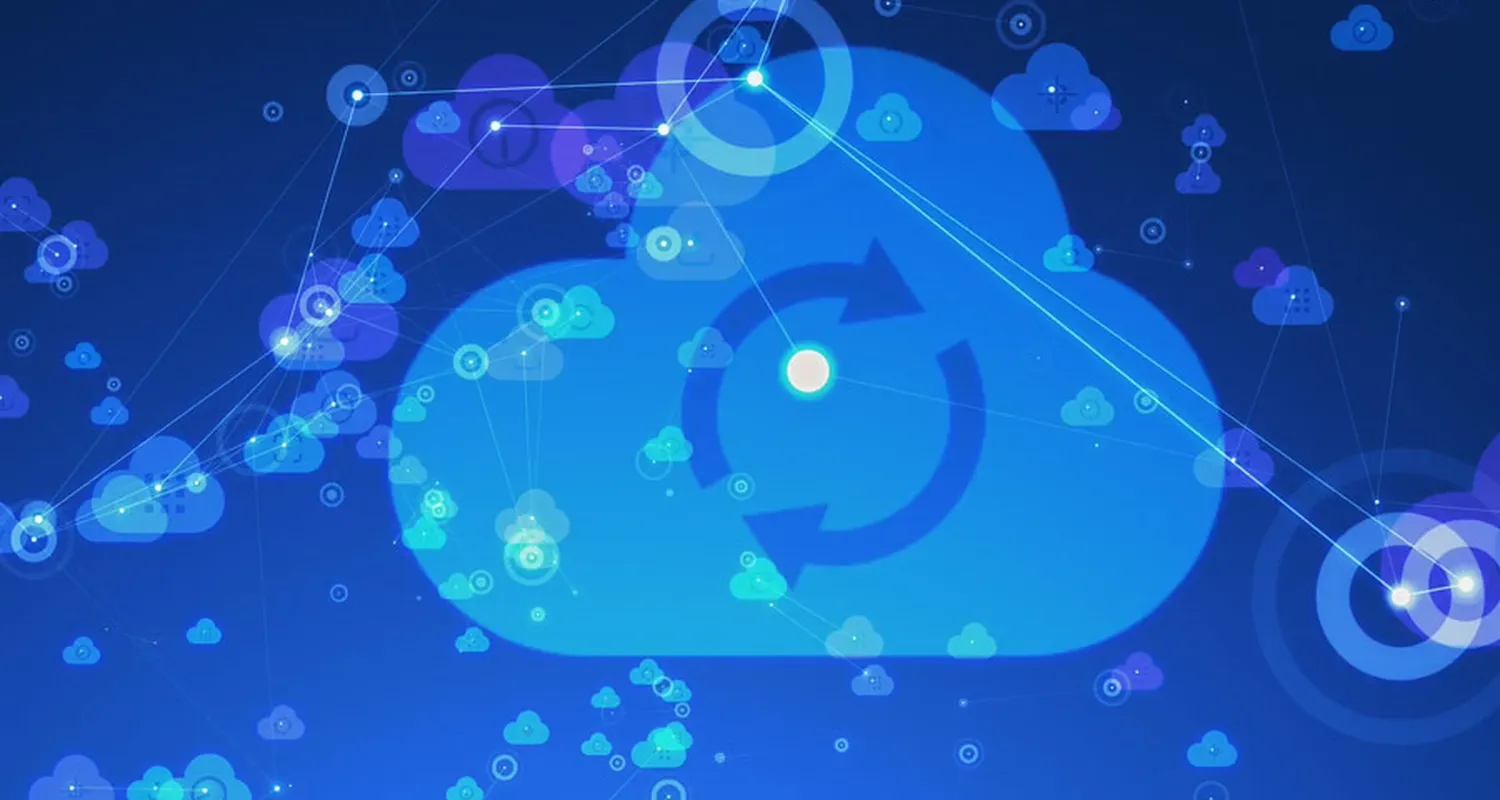“There has been an explosion on all aspects of emerging technology, so anything linked to cloud transformation, legacy transformation roles, Internet of things, edge technologies, and it's a very, very significant shift,” she said. A second shift within the human resources space has been a growing demand for specialists with deep knowledge, but also the ability to collaborate across disciplines to apply their skills across functions, Venkat Iyer said.
“It's moving from fairly specific skills, like a Java or .NET, to somebody who's a T-shaped talent, who has stakeholder management, communication, change management, resilience, and agility. So we're looking at more holistic developers, managers, tech leads, versus the code writer,” she explained.
The German industrial technology powerhouse has identified five critical skills required of technology lead hires, said Aurora, namely adaptability, emotional intelligence, digital skills, negotiating skills and cybersecurity skills. The company’s hiring leads are changing how they assess individuals using these criteria to ensure they have a digital mindset, can build trust and extend empathy in times of need, and are adept at working collaboratively.
The ability to evoke employee trust is paramount, agreed Leeyo Software CFO Michael Compton, whether this skill is learned or intuitive. Leaders don’t necessarily need to be the most technically savvy, he said, but rather, they must be self-aware and have the ability to set goals and expectations, engage, motivate and identify employee needs to create an environment for success. “Hiring is today more challenging on a lot of different levels, not just for the rank-and-file employee, but for leaders. A greater reliance on the integrity of the individual working in a distributed world can't be overstated,” Compton said.
Digital transformation has two fundamental cornerstones, said Coca-Cola’s IT Director for EMEA George Hantzis. The first one relates to the personal quest of people to be happy in life and to fulfil their potential, he said. In this personal Quest, IQ alone will not cut it, and emotional intelligence is a prerequisite, but is not a key contributor, he added. AQ, where A stands for adaptability, is the big thing, he said. Organisations should therefore hire for adaptability, just as parents and educators should raise children to be adaptable. “This is the biggest gift we can give them, and that is something that they will definitely need in the future,” he said. The second cornerstone is the business’ ability to adapt, he added, for which companies need to ensure that their organisational structure is such that they can pivot according to the demands of the changing environment.
Incedo is reframing its focus around two areas, Venkat Iyer said. The first is the end-customer, as their needs are changing rapidly and they are becoming more demanding, disrupting everything that was time-tested, she said. “It's really important for us to rethink our organisation, design and processes to ensure that we are constantly on top of the changing needs of the customer.” The second focus is on employees, she said, for which the company is revisiting how it accommodates its distributed, or extended, workforce, and simplifying processes, leveraging technology tools like AI and galvanizing learning and development. “It is better to simplify and cannibalize your processes, versus being at the receiving end of a change management process,” she said.
Their company, a German industrial technology powerhouse, approaches digital transformation through the lens of its 4E-Framework, noted Aurora, where the first E stands for engagement with customers, by which it sources ideas, hosting hackathons and building communities to drive its businesses. The second E represents empowerment, Aurora noted, of its people, associates and partners to make them more effective. The third E is to enable its ecosystem and infrastructure using technology, and the fourth E stands for elevate, by which it aims to take its customers to the next level by leveraging processes through digitalization, he said. “Each one of us must find meaning in our work, and the best work will happen when you know it’s not just work, but something that will improve the lives of our people.”





